Advancing Re-Mining and Waste-Free Design for a Sustainable Future



On 22 March 2023, a workshop focusing on how re-mining and waste-free mine designs can contribute to the green transition was held in Espoo, Finland. Organised by the Geological Survey of Finland (GTK), Lappeenranta Technological University (LUT), Oulu University (OU), and Technical Research Centre of Finland (VTT), the event comprised of two sessions: re-mining and designing out waste.
During the re-mining session, speakers highlighted the potential of old extractive wastes as secondary resources, metal extraction perspectives in waste re-mining, and various utilisation possibilities of tailings. Teemu Karlsson (GTK) presented the FutuRaM project, emphasising the increasing demand for minerals, and metals due to the clean energy transition and the untapped potential of extractive waste as a secondary resource. It was pointed out, that global utilisation remains low because of inadequate systematic resource management, and a lack of centralized data.
FutuRaM aims to address these challenges by developing a database, methodology, and guidance for sustainable management of secondary raw materials within the European Union. The Otanmäki tailings site, with significant amounts of ilmenite discovered, is the main Finnish case site in the project and will serve as an example for future tailings utilisation projects. Finnish extractive waste sites will be integrated into the FutuRaM database, classifying resources using the United Nations Framework Classification for Resources (UNFC).
The “design out waste session” covered the Bioproduct Mill Concept as a prime example to learn from the forestry industry. The presentation touched on the implementation of circular economy practices at Yara Siilinjärvi, emphasizing the importance of measurement and management. The Sakatti mining project’s circular economy opportunities were also explored, as well as how Tapojärvi Ltd’s circular economy expertise can be leveraged in the Kolari mining project. At last, new laboratory and piloting facilities for circular design at GTK Mintec were introduced too.
Overall, the event underscored the importance of re-mining and waste-free design in the mining industry to promote a circular economy and contribute to the green transition. By learning from other industries, such as forestry, mining can become more sustainable and efficient, reducing the amounts of waste and environmental impact.
Writer: Teemu Karlsson
